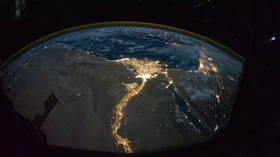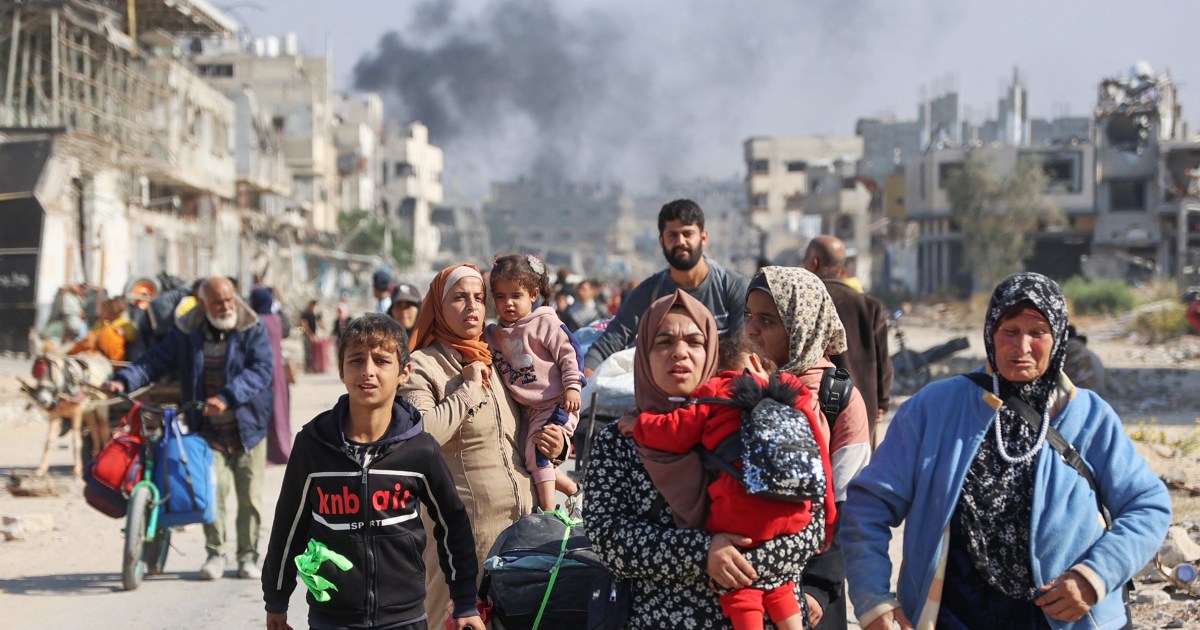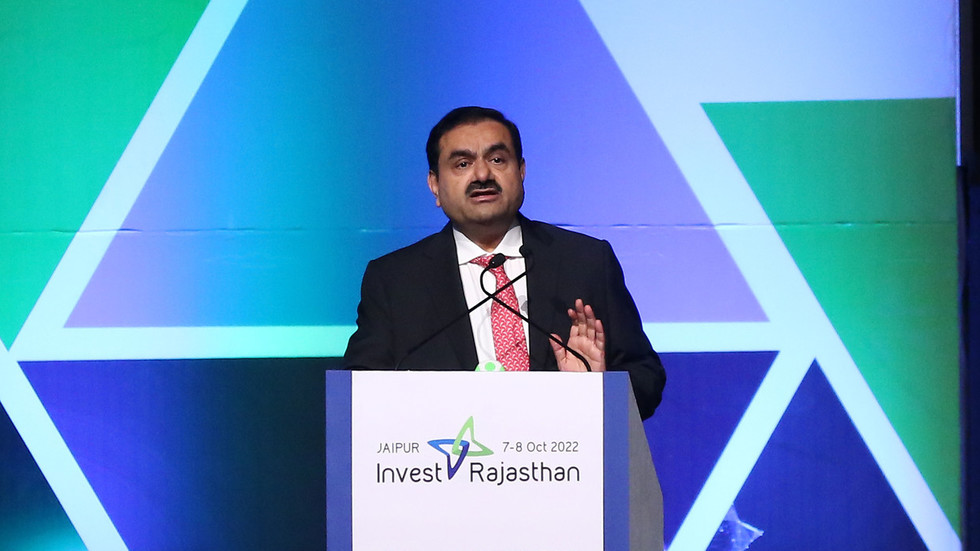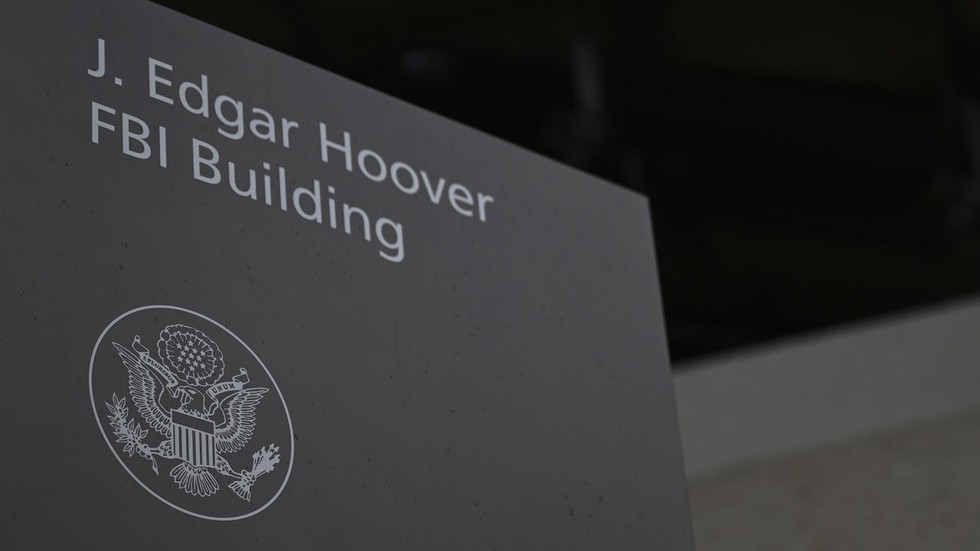The de facto independent East African state, considered part of Somalia’s territory, is seeking international recognition
People in Somaliland are voting to elect a president on Wednesday amid raised tensions in the Horn of Africa over a contentious Red Sea access agreement between the breakaway region and neighboring Ethiopia.
According to the Somaliland National Election Commission (NEC), more than 1.2 million people have registered to cast their ballots in the presidential elections, which were delayed for two years for “technical and financial reasons.”
President Muse Bihi Abdi, who is running for a second term as the candidate of the ruling Kulmiye party, is up against Abdirahman Mohamed Abdullahi of the main opposition Waddani party and Faisal Ali Warabe of the Justice and Welfare coalition.
Despite being internationally recognized as part of Somalia, the de facto sovereign state has established its own security structures and currency under a government that analysts say operates in a politically stable environment. It has held its own democratic elections since 2003, with this week’s votes marking the fourth in three decades of self-rule. However, Somaliland is said to be struggling economically due to a lack of recognition from foreign governments, which has limited its access to international markets and finance.
Abdi’s administration is expecting US President-elect Donald Trump to support Hargeisa’s statehood push. Last week, while congratulating Trump on his victory, Abdi called for collaboration on strengthening the “Somaliland-US strategic partnership.”
In January, the Hargeisa government struck a major deal with Ethiopia to lease 20km (12 miles) of coastline to the landlocked neighboring state for commercial purposes and to build a marine base. President Abdi has stated that, in exchange for the coastland, Addis Ababa will formally recognize Somaliland as a country.
The move has heightened tensions with Somalia, which accuses Ethiopia of undermining its territorial integrity through the “illegal” pact. Egypt, having a long-running dispute with Addis Ababa over the filling of a hydroelectric dam on the Blue Nile, has since thrown its support behind Mogashidu. Cairo has delivered military aid to the Somali government in recent months after warning in the wake of the Somaliland-Ethiopia maritime deal that it will not allow “anyone” to threaten its “brothers.”
Somaliland opposition leaders Abdullahi and Warabe, whose campaigns have focused on promises of reforms, social cohesion, and a national unity government, are said to support the preliminary agreement with Ethiopia. They have stated that the government will finalize the deal after the election, irrespective of which party wins.
On Sunday, Egyptian Foreign Minister Badr Abdelatty reiterated the North African country’s support for Somalia’s territorial integrity and opposition to foreign interference in Mogadishu’s affairs.
.png)
 21 hours ago
1
21 hours ago
1










 English (US) ·
English (US) ·